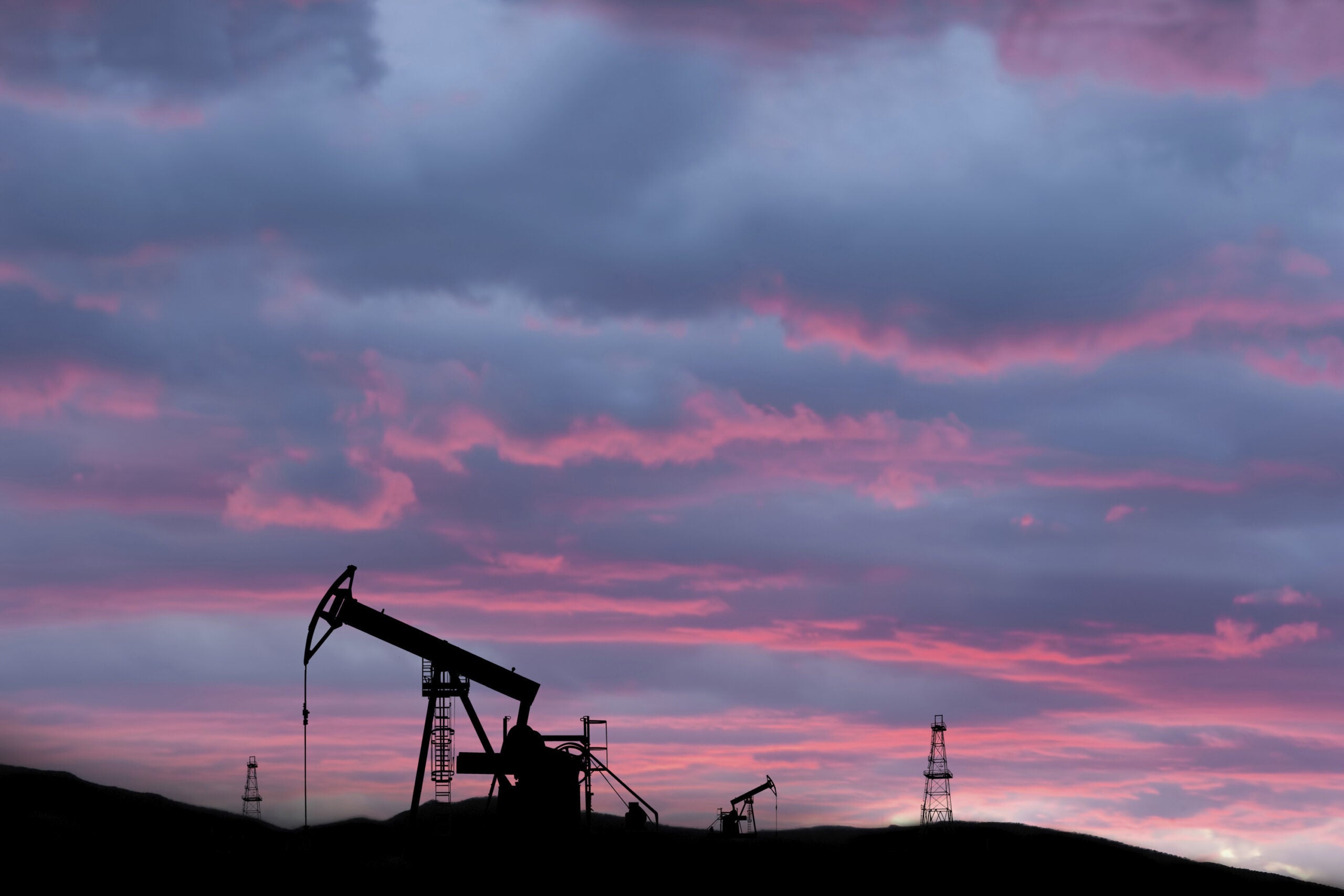After the Deepwater Horizon oil spill in the Gulf of Mexico and the ensuing reorganization of the Department of the Interior, Frances Ulmer, a member of the National Commission on the BP Deepwater Horizon Oil Spill and Offshore Drilling, turned to Harvard Law School’s Emmett Environmental Law and Policy Clinic. She asked the clinic to recommend best practices for regulating offshore drilling. “I leapt at the opportunity,” says Wendy B. Jacobs ’81, clinical professor of law and director of the clinic, who chooses complex projects that will challenge her students and provide opportunities to present their work to high-level officials – opportunities they would get nowhere else. “It was timely, and presented a novel and critically important set of issues.”
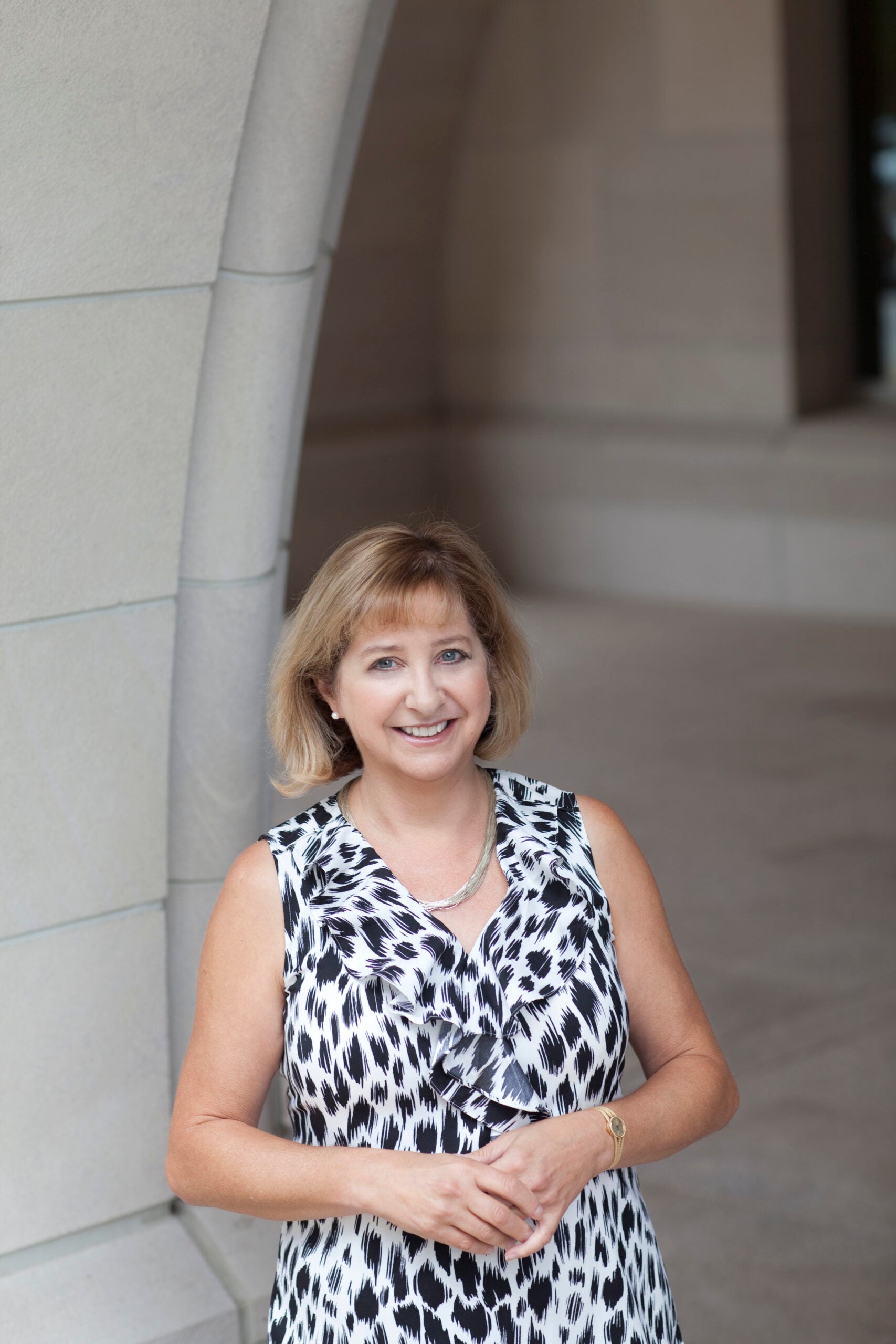
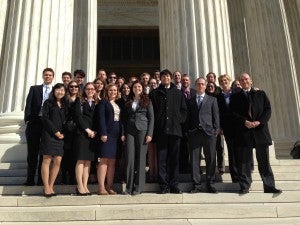
In a single semester, three students under Jacobs’ direction analyzed 40 regulatory regimes and traveled to Washington, D.C., to present recommendations to the Department of the Interior and congressional staffers. They did such a remarkable job that last year, the clinic was asked to consider ways to predict whether companies proposing to drill for oil and gas in the Arctic would do so safely and in an environmentally protective way. A new group of students worked with Jacobs to develop such a set of indicators. Their report, released in December, suggests ways to protect the environment from the impact of routine drilling as well as major oil spills, and is currently being circulated among legislators and regulators. They’re not the only ones headed to D.C. This spring, in a course on advanced environmental law taught by Richard J. Lazarus ’79, the Howard J. and Katherine W. Aibel Professor of Law, two dozen Harvard Law students spent four weeks studying the record and briefs in an environmental case pending before the U.S. Supreme Court, travelled to D.C. to attend the oral argument at the Court, met immediately after the argument with the Chief Justice of the United States, John G. Roberts, Jr. ’79, to discuss oral argument and decision-making at the Court, and then walked down the Mall for a meeting at the U.S. Department of Justice with Solicitor General Donald B. Verrilli, Jr., who had argued the case before the Court that morning. “The idea is that you don’t just read a Supreme Court opinion here at Harvard Law School,” says Lazarus, who has argued 13 cases before the high court and served as counsel in more than 40 cases at the court, including one related to the case they are studying. “You actually immerse yourself in the process that leads to those decisions because that teaches so much more.” And last month, Kate Konschnik, director of the new Environmental Law Program Policy Initiative, who wrote a fracking-related report on the failures of the voluntary chemical disclosure registry, FracFocus, was in Washington, D.C. testifying before a federal task force on how the registry should be improved if states will be relying on it.
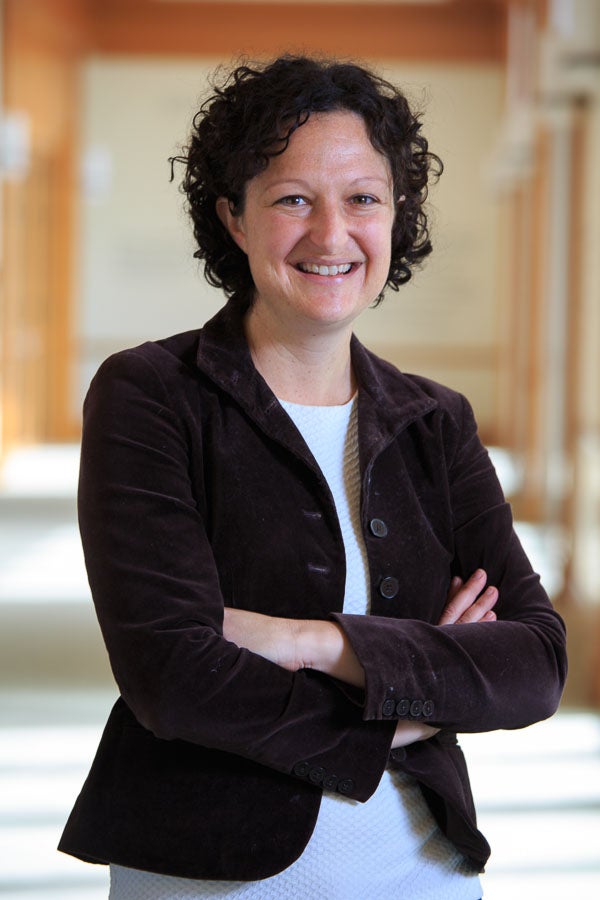
Having that level of influence and access is the hallmark of the HLS Environmental Law and Policy Program (ELP), founded and directed by Jody Freeman LL.M. ’91 S.J.D. ’95, the Archibald Cox Professor of Law who served in the Obama administration as Counselor for Energy and Climate Change. “One of my goals is to be the very best program in the world for environmental law and energy law and climate law, and that means training our students better than anyone else and equipping them to go out into the world and engage on these issues,” says Freeman. HLS did not have a particular focus on environmental law before Freeman. Now, the ELP has become an internationally recognized leader with three intersecting parts: the academic side with world-renowned faculty and innovative courses, an unparalleled clinical program that gives students hands-on training in real cases, and the new Policy Initiative, which provides nonpartisan legal analysis and policy advice to federal and state agencies, and currently is focused on fracking and state clean energy laws. With the recent addition to the program of Lazarus and Konschnik, the former Chief Environmental Counsel to U.S. Senator Sheldon Whitehouse (D-R.I.), Freeman has assembled what she calls her “dream team.”
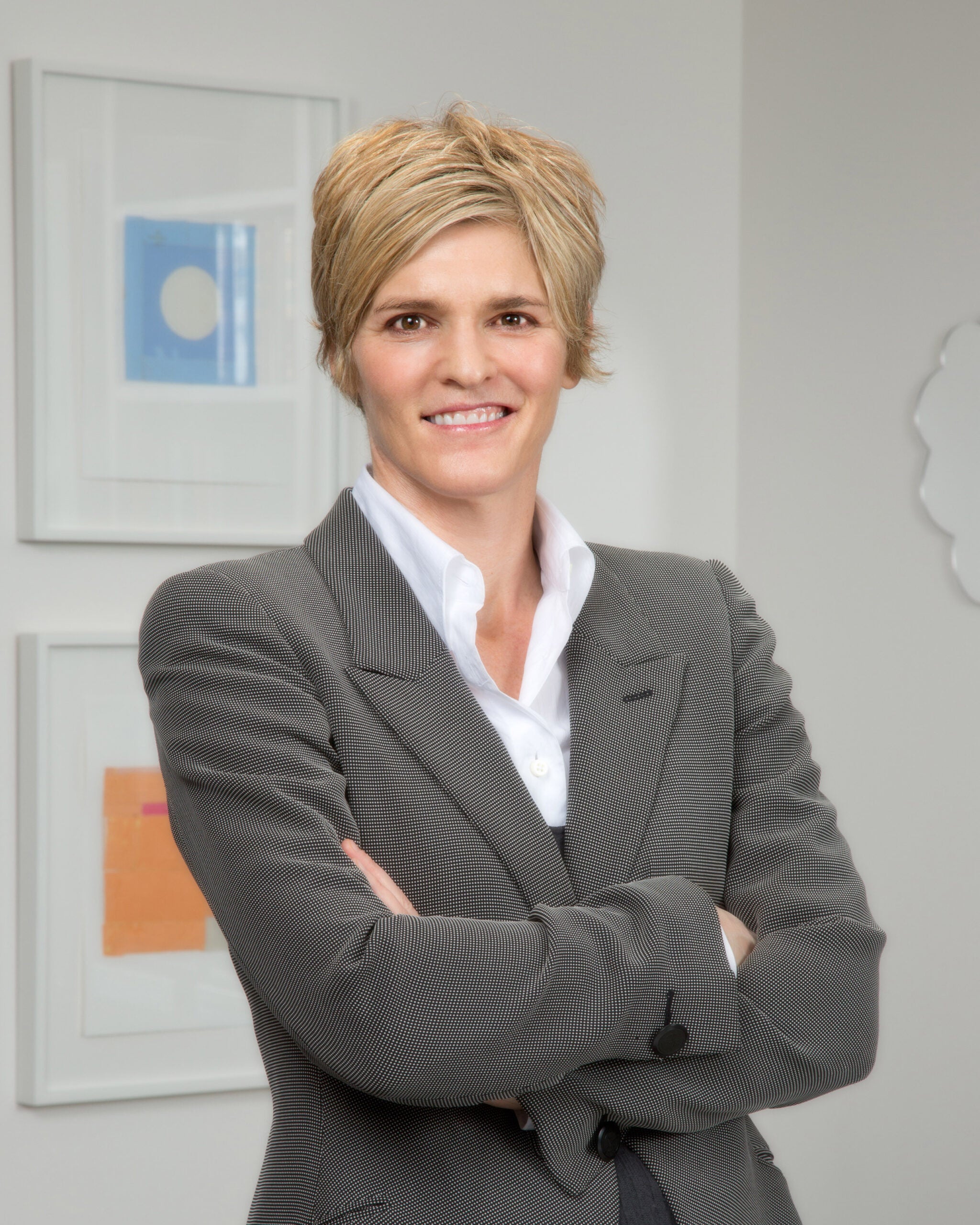
“There’s nobody better than Richard Lazarus in the country as a leading environmental academic and Supreme Court advocate,” says Freeman, “and there’s no one better than Wendy Jacobs to take the clinic from nothing and build it from the ground up, to become the best clinic in the country—its scope is simply unprecedented.” The Policy Initiative, with Konschnik at the helm, is a “huge addition,” Freeman adds, enabling the ELP to respond quickly to requests from federal and state agencies and legislators for thoughtful, informed analysis on critical issues. Students have worked with Konschnik, a former Department of Justice lawyer before her time on Capitol Hill, on a variety of projects: advising states on how to design legally defensible renewable energy programs; critiquing the Department of the Interior’s new disclosure rules for fracking; and proposing, in a new white paper, how EPA might design its new greenhouse gas rules for powerplants to maximize energy efficiency. The work has been well-received by stakeholders, and has attracted considerable media attention. “We want Harvard Law School to be seen as the best place in the country for the study of environmental law for future practitioners and policymakers, and that’s not just for the U.S. but around the world,” notes Lazarus. Indeed, the program is attracting a growing number of international students. Lazarus’s survey course on environmental law included students this fall from Ghana, the Philippines, Thailand, Turkey, China, Chile, New Zealand, Canada, and Italy.
“We’re seeing a kind of explosion of environmental law here at HLS,” says Alec Harris ’14, co-Editor-in-Chief of the Environmental Law Review, which has more than 65 students on staff. “You see it in terms of the faculty, with Jody Freeman and Richard Lazarus, and in the expansion of the overall Program with Wendy Jacobs and Kate Konschnik. Harvard has come to understand that environmental law is a very important field and has begun to bring resources to the table.” “We’re growing by leaps and bounds, and we now have students who come to HLS specifically for our program,” says Jacobs. Some enroll in courses or the clinic with no plans to work in environmental law but to learn a broad skill set applicable to any complex legal problem. Lazarus explains that, because of its complexity, the field offers superb training for virtually any legal practice. “Students realize, he notes, that “if they can master environmental law, they can master most areas.”
The ELP offers an innovative curriculum, including a unique course on Energy and Climate Law and Policy that Freeman teaches. “Climate change is usually taught separately from energy law, when, in fact, they have everything to do with each other,” says Freeman. “Combining them gives students a more complete picture of our energy future,” and reflects the program’s vision of training students “to engage not in past issues but the next set of issues.” Before Freeman took over, there may have been 30 or 40 students a year studying environmental law, says Lazarus. Today, it is closer to hundreds. Since 2007, when Jacobs became director, the clinic has grown from seven or eight students a semester to as many as 50, and has expanded to three semesters (including J-term) instead of two. Two staff attorneys now assist Jacobs in overseeing 10 to 15 client projects per semester. This past J-term, for example, two students worked on a brief for the U.S. Supreme Court in the litigation over the EPA’s greenhouse gas rules. The brief received a shout-out from the Solicitor General at oral argument, showing students the impact they can have.
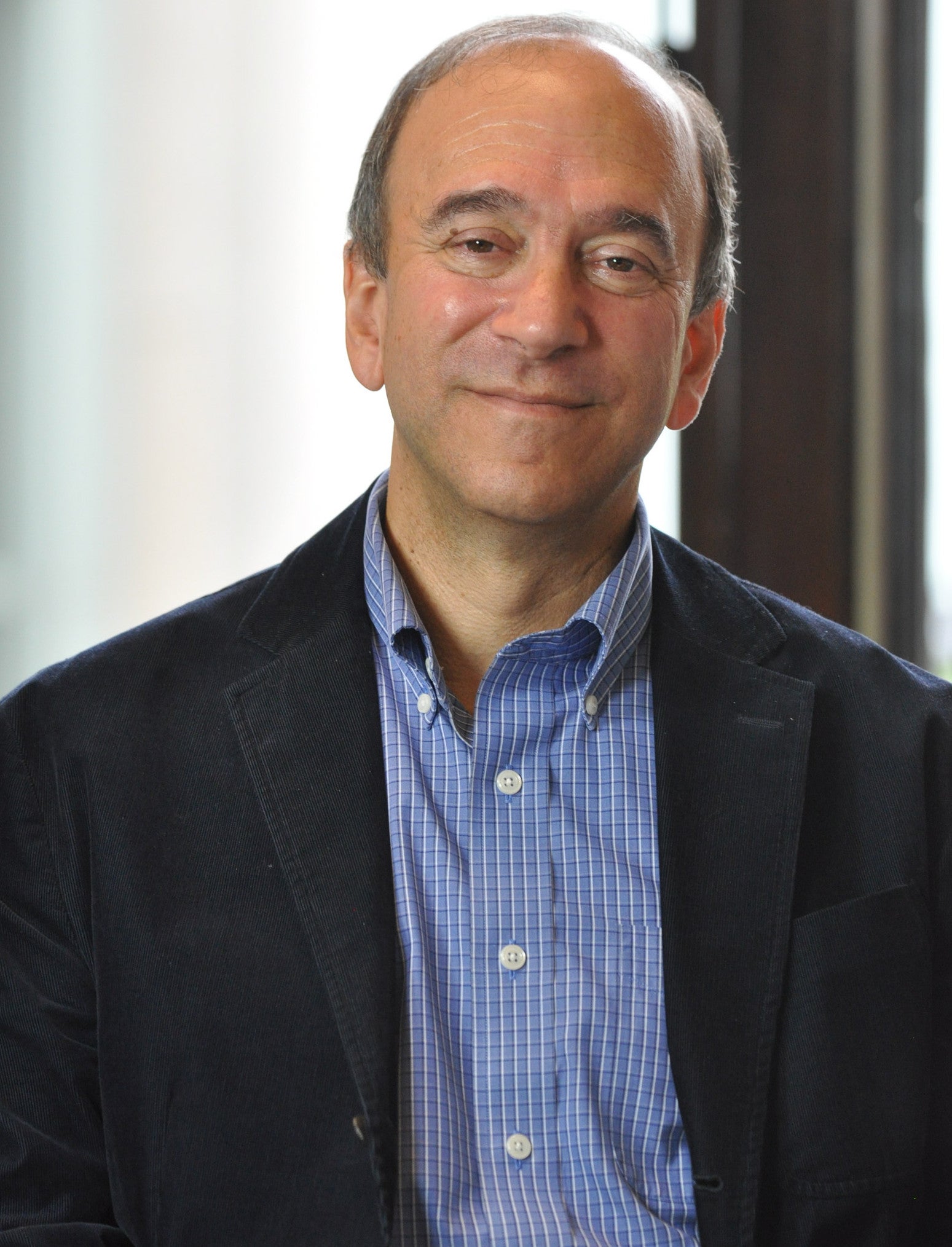
Many of the students are repeat students, “which is hugely important,” Jacobs says. “It means I get to know them really well, enabling me to help them think about their career paths and to facilitate networking opportunities.” Adds Lazarus, who served as executive director of the National Commission on the BP Deepwater Horizon Oil Spill and Offshore Drilling from 2009-10, “I certainly feel the most important thing I do here is launch careers. I get to know my students, work with them closely, identify their aspirations with them, and then promote them.” Kate Konschnik, who as Chief Environmental Counsel to a Democratic Senator spent years working on climate legislation in Congress, agrees: “I see my role as helping students develop as legal experts who are capable of having influence in every forum where they might make a difference—that means engaging them with stakeholder groups, state and federal agencies, and policymakers in Washington.” The ELP’s broad and deep approach to environmental-related legal and policy issues has never been more necessary, says Freeman, because these issues are among the most pressing and consequential of our time. “This is not your grandfather’s environmental law,” she says. “The set of issues has changed and expanded because of the implications of U.S. energy dominance and climate change. Now, people interested in national security, clean tech, and corporate governance see that they have a stake in these issues too. We are ‘big tent’ and inclusive on purpose. We recognize that every sector—public, private and non-profit—is a potential source of solutions. Students relate to that.” Having completed its first phase of growth, the ELP is now looking to strengthen and build. “We’ve gone from zero to 100 in a very short period of time,” says Freeman. “We have more student demand and more of our graduates are out in the world doing more amazing things than ever. And I feel as if we are just getting started.” “I hope I’m conveying a zealous—dare I say messianic—vision of what we’re trying to do at HLS in this area because that’s how I feel,” she adds. “With our students, our faculty, and our brand, the sky really is the limit.”
I think most pressing issue we have, and climate is just a clear symptom of it, is that Congress has completely abdicated its responsibility in the area of environmental law for the past two decades. Congress is stepping out in many areas, but most significantly in environmental law, which is why I call it ‘environmental lawlessness.’ The other branches are stepping in to pick it up – both the states and federal agencies – but they can’t do it very effectively. Environmental law needs Congressional attention because we have information we didn’t have before, but we have statutes from years ago that don’t reflect the current situation, so they are ill-fitted to the task. Our agencies, for example, in the area of clean air, are having to take language that doesn’t neatly fit and try to make it fit.
Richard Lazarus
